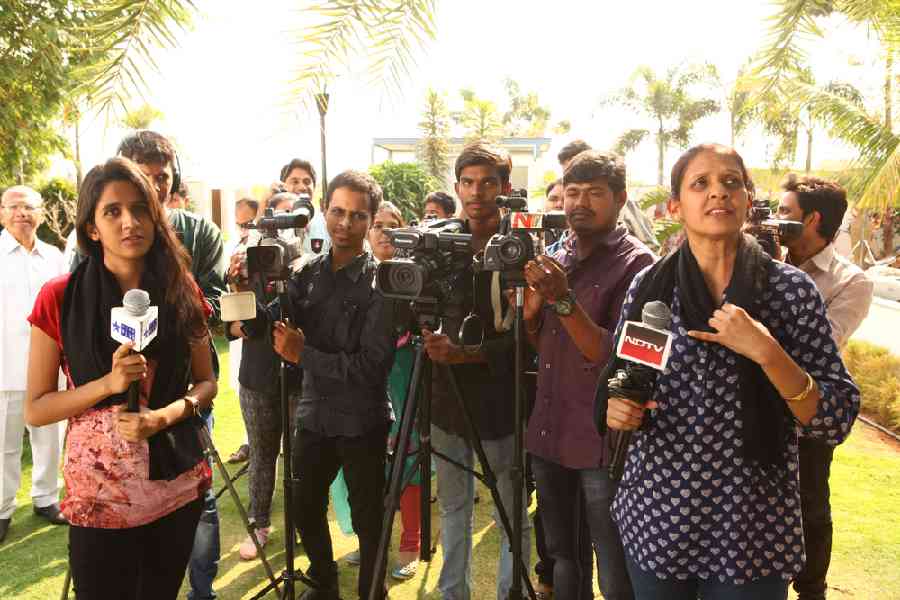Freedom of the press is becoming more of a claim than a fact in India. When the tendency to infringe on it is demonstrated in a state as advanced as Kerala, it suggests a deep-seated resistance of ruling dispensations to the free flow of information. A media chief has accused the state government of pressuring journalists into revealing the source of their information in a specific instance. Journalistic sources are sacred in the profession; the relationship of mediapersons to their informants, often at risk themselves, is based on carefully built trust and confidentiality. Without them, news would be thin, purely official and investigative journalism well-nigh impossible. Pressure on journalists is often applied through bullying by the police. In Kerala, the journalists concerned were booked under an arsenal of charges. The media chief spoke on the channel of another media company, which produced the programme after the police slapped one of its journalists.
These events are a mild symptom of the way journalists are treated. India dropped to the rank of 150 among 180 countries in 2022 in the World Press Freedom Index from 132 in 2016. Which was not inspiring, but better. Violence against journalists trying to do their job results in murder, beatings, kidnapping, charges under the penal code and so on. India was never comfortable with a free press, so journalists do not have a law protecting them. A free press is a pillar of democracy — it is a citizen’s right as well as that of journalists. That freedom cannot just be part of the general freedom of expression or the freedom to practise a trade. Yet the laws relating to journalists are restrictive, determining what they cannot report rather than all that they can. Even the law protecting whistleblowers prohibits revelations under 10 categories, which makes it pretty much meaningless. When such is the institutional attitude, a law protecting journalistic sources is a mirage. Any court can — they often do — demand to know the ‘sources’. It is a terrible comment on governments that India has always been on the Global Impunity Index produced by the Committee to Protect Journalists since 2008 to rank countries in which journalists’ deaths are seldom punished. Pakistan and India are at 10 and 11. A truly free press requires as much courage from governments as from journalists.










